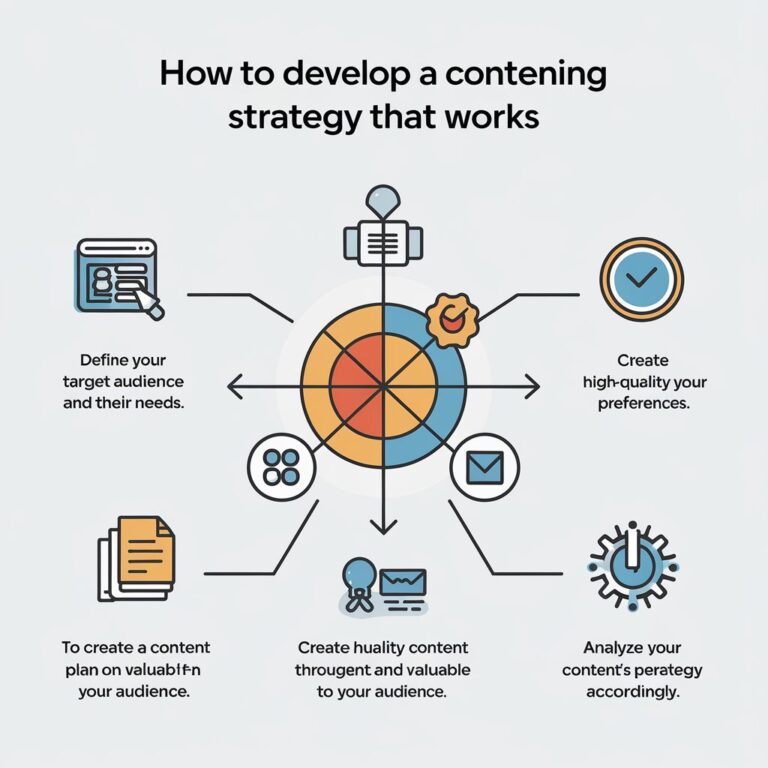Introduction
In the rapidly evolving landscape of digital marketing, influencer marketing has emerged as a powerful strategy for small businesses to enhance their reach and credibility. By leveraging the trust and authority of influencers, businesses can connect with their target audience in a more authentic way. This blog will explore effective influencer marketing strategies that small businesses can implement for optimal results.
Understanding Influencer Marketing
Influencer marketing involves partnering with individuals who have a significant following on social media or blogs to promote your products or services. These influencers have built strong relationships with their audience, making their recommendations more impactful.
Key Influencer Marketing Strategies
- Identify Relevant Influencers:
- Research Tools: Utilize tools like BuzzSumo, Upfluence, or HypeAuditor to identify influencers within your niche. Look for those whose values align with your brand.
- Micro vs. Macro Influencers: Micro-influencers (1,000 to 100,000 followers) often have higher engagement rates and more targeted audiences, making them cost-effective for small businesses. Macro-influencers, while more expensive, can provide broader exposure.
- Define Your Campaign Goals:
- Specific Objectives: Decide whether your goal is to increase brand awareness, drive traffic, or boost sales. Setting clear objectives will help you measure the campaign’s success.
- Target Audience: Understand your target audience’s preferences and how they interact with influencers. This insight will guide your choice of influencers and campaign style.
- Create Engaging Content:
- Collaborative Content Creation: Work with influencers to co-create content that feels authentic. For example, instead of a straightforward product review, consider a storytelling approach that showcases how your product fits into their lifestyle.
- Diverse Formats: Explore various content formats, including blog posts, social media stories, live sessions, and videos. This variety keeps your audience engaged and allows influencers to showcase your products in different ways.
- Track Results:
- Analytics Tools: Use tools like Google Analytics, social media insights, and custom tracking links to evaluate your campaign’s performance. Monitor engagement rates, follower growth, and conversion rates to gauge effectiveness.
- Feedback Loop: Collect feedback from influencers and their audiences to understand what resonated and what didn’t. This information will inform future campaigns.
Conclusion
Influencer marketing presents a valuable opportunity for small businesses to gain visibility and credibility without the hefty price tag of traditional advertising. By implementing strategic partnerships with influencers, you can effectively reach new audiences and foster brand loyalty. The key is to choose the right influencers, set clear goals, and create authentic content that resonates with their followers.
FAQs
- What is influencer marketing? Influencer marketing involves collaborating with individuals who have a significant following on social media or blogs to promote products or services. Influencers leverage their credibility to reach and engage with their audience, driving brand awareness and sales.
- How do I find the right influencer for my brand? Identify influencers who align with your brand values and target audience. Use tools like BuzzSumo or HypeAuditor to research influencers in your niche, focusing on engagement rates and authenticity rather than just follower counts.
- What are the costs associated with influencer marketing? Costs can vary widely depending on the influencer’s reach, engagement level, and the type of campaign. Micro-influencers may charge less than macro-influencers, and some may be open to product exchanges instead of cash payments.
- How can I measure the success of my influencer marketing campaign? Monitor key metrics such as engagement rates (likes, comments, shares), follower growth, website traffic, and conversion rates using analytics tools like Google Analytics and social media insights.
- Is influencer marketing effective for small businesses? Yes, influencer marketing can be highly effective for small businesses. It allows for targeted outreach to specific audiences, enhances brand credibility, and can lead to increased sales without the need for large advertising budgets.


